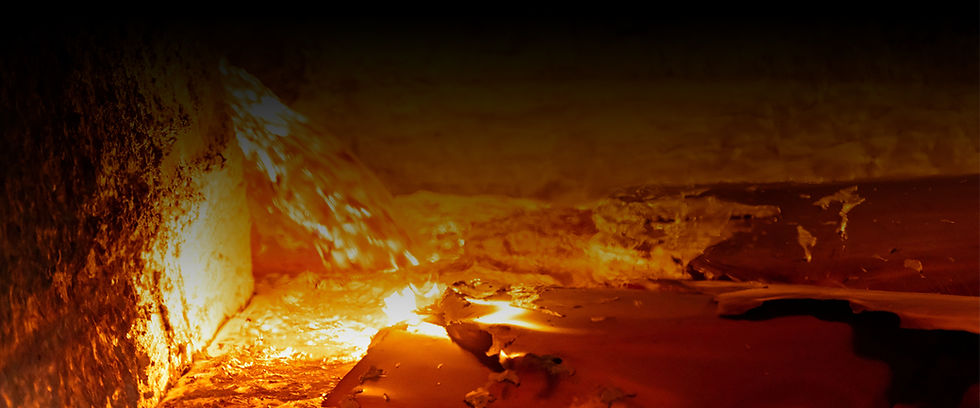Tel: +44(0) 1246 292292 | alloys@wbrl.co.uk

MANGANESE METAL
Westbrook Resources supplies Manganese Metal to our worldwide customer base. Our Manganese Metal has the following chemical analysis:
Standard Material | % |
|---|---|
Mn | 99.7% min |
Manganese Metal Packing & Sizing Options
Packing
-
1mt bags
-
25kg bags
-
Drums on pallets
Sizing
-
Flakes
About Manganese Metal
Manganese Metal is a hard, brittle, silvery metal often found in alloys combined with Iron. Manganese is a transition metal. Beyond alloys and its widespread use in the steel industry, Manganese Metal is also used in the production of batteries, particularly in lithium-ion and alkaline batteries due to its electrochemical properties. Additionally, it is used in the manufacture of specialty chemicals and pigments.
Manganese Metal plays an important role in a wide range of industries, thanks to its unique properties and versatility. Known for its strengthening properties, Manganese Metal is a vital component in the production of steel, aluminium alloys and speciality chemicals.
At Westbrook Resources, we supply quality Manganese Metal flake to our worldwide customer base. Whether you're in the manufacturing, construction, or chemical sector, contact us today to become your preferred supplier.
Key Properties
Manganese is used in an array of industrial alloys, and in particular, Stainless Steel. By increasing strength, hardness and workability, Manganese helps alloys to withstand demanding mechanical processes and heavy usage. It also improves resistance to wear and corrosion.
Uses of Manganese Metal
Manganese’s primary use is in steel production. In stainless steel, it constitutes about 1%, while in Manganese steel, it makes up approximately 13%. This higher Manganese content results in exceptional strength, making Manganese steel ideal for demanding applications such as railway tracks, safes, rifle barrels and prison bars. Manganese also acts as an effective deoxidiser and desulphuriser removing impurities from steel.
Additionally, Manganese enhances the properties of other alloys. For instance, drink cans are made from an aluminium alloy containing 1.5% Manganese, which improves corrosion resistance. When combined with Aluminium, antimony, and Copper, Manganese also forms highly magnetic alloys used in specialised applications.
Why Choose Westbrook for Manganese Metal
Westbrook Resources is a leading global distributor of Manganese Metal, supported by strategically located storage facilities across the United Kingdom, Africa, Europe, and North America.
We aim to be a long standing partner with you by providing:
-
Uninterrupted supply chains
-
Consistently high-quality Manganese Metal
-
Competitive pricing structures
-
Efficient and timely delivery services
-
Exceptional customer support
As a trusted supplier, we use our extensive global distribution network to meet the needs of industries worldwide. Contact our team today for more information.
Westbrook has full ISO 9001 accreditation, verifying a robust quality management system meeting international standards and customer satisfaction. We are approved as an Authorised Economic Operator, an internationally recognised quality standard demonstrating that our role in the supply chain is secure and our customs controls are compliant and efficient. We are also REACH registered for Manganese in the UK and in the EU, via our Irish subsidiary company.
Contact Us
Our team is here to help you meet all of your supply needs.
Contact us today to discuss your requirements and experience the difference of working with a reliable and experienced supplier in the industry.
Manganese Metal FAQs
How does Manganese Metal improve wear resistance in industrial applications?
Manganese increases the hardness and toughness of steel and alloys and is an ideal choice for applications requiring resistance to wear and abrasion. Manganese steel in particular is renowned for its high impact strength and wear resistance. The ductility of Manganese enables high-impact surfaces to become harder with use.
Manganese Metal can be used in:
-
Mining equipment
-
Construction machinery
-
Industrial cutting tools
-
Industrial crushing equipment
-
Rail tracks
What are Heusler alloys?
Heusler alloys are a class of ferromagnetic alloys comprising non-magnetic components. Three members of the Heusler family contributed to their discovery and development at the end of the nineteenth century. Manganese features in several Heusler alloys and was the magnetic ion in the first Heusler alloy (Copper-Manganese-Tin). These days, Heusler alloys are further categorised depending on their stoichiometries and crystal structure.
What is the difference between stainless steel and manganese steel?
Manganese steel contains around 12-14% of Manganese alloyed with iron and stainless steel contains around 1% of Manganese and at least 10.5% chromium. They are both strong and durable materials but have advantages over each other for specific uses. Manganese steel offers superior strength and wear resistance while stainless steel offers superior corrosion resistance. Manganese steels are therefore more suited to heavy duty, high impact or high abrasion resistance products and stainless steels are more suited to applications requiring more corrosion resistance and items where hygiene is important (as they are easier to clean) such as in kitchen utensils and surgical instruments.
Manganese steel is more ductile than stainless steel meaning it can absorb impact better without cracking.
